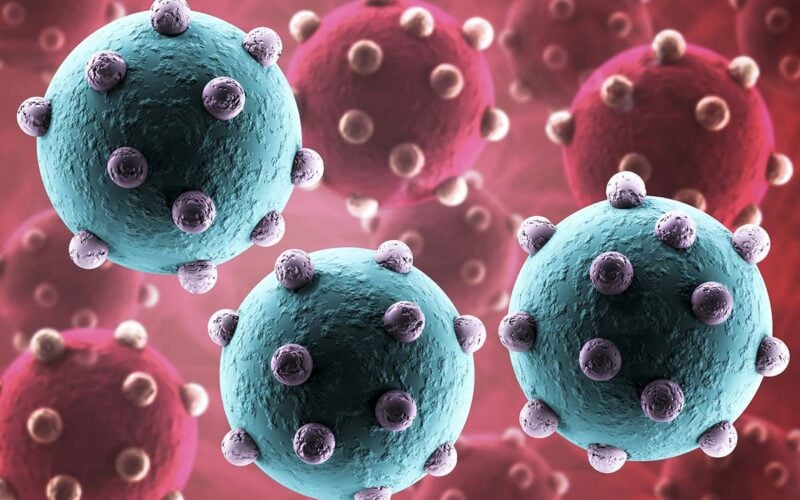Antibody vaccine for H7N9 is more effective than Tamiflu, say Shanghai researchers

translated by Michael Woodhead
Shanghai researchers say traditional inactivated vaccines cannot be developed against H7N9 but they have developed a gene vaccine which is more efficacious than Tamiflu against the virus.
According to an article in the Workers Daily (http://c.m.news.cn/local/2014-02/08/d_126098286.htm), an antibody therapeutic vaccine that is effective against the current strain of H7N9 has been developed by Shanghai researchers and is now about to start clinical trials. Researchers at the Shanghai Public Health Clinical Centre Infectious Disease Research Institute said they had developed antibodies that were effective against H7N9 in vitro and they are now starting tests in humans.
Research flow
Professor Xu Jianqing of the Infectious Disease Research Institute said that work on the vaccine began in April last year after the first major H7N9 influenza virus outbreaks. He said the team had made a breakthrough with a gene vaccine in December when they injected the vaccine into 30 mice infected with H7N9. After 30 days none of the mice had died and none had signs of H7N9 infection, which represented the first real proof of efficacy.
Professor Xu said many other research groups in China were doing H7N9 vaccine research but using traditional inactivated vaccines. However, he said experiments had shown time and again that compared to other influenza viruses, the H7 influenza virus was not amenable to being incorporated into an inactivated vaccine, as it was deformed by the chemicals used, rendering the immune response inadequate. Similar efforts by Dutch researchers to develop a vaccine against the H7N3 virus strain in 2003 were also a failure for a the same reason. This showed that inactivated vaccine technology was not going to catch on for the H7 virus, he said.
H7N9 virus implanting
The Shanghai researchers had therefore taken the bold step of taking the most important genetic material from the H7N9 virus and implanting it into a mature vaccine carrier. This was the equivalent of putting it into a safe and inserting this into a cell, said Professor Xu. And because the virus structure was not destroyed by putting it into an egg albumen, it elicited a good immune response, he added.
Professor Xu said the new vaccine would be suitable for people at high risk of H7N9 such as those working in live poultry markets and household members.
Within Shanghai’s R&D community the new H7N9 vaccine was seen as a breakthrough after an audacious attack. Xu Jianqing said the immune system of H7N9-infected people produced antibodies, and the sooner the body produced antibodies the better the prognosis. He added that Tamiflu was effective if given within the first few days of viral infection, as this was the ’empty’ window before the body had started producing its own antibody. But after more prolonged infection Tamiflu quickly became ineffective, and drug resistance appeared quickly.
Exogenous antibodies
Researchers were inspired to try using exogenous antibodies during this initial ’empty window’ period when there was no natural H7N9 antibody being produced. The observed effects of the gene vaccine were clearly better than Tamiflu during this period, said Xu Jianqing. In fact, in 2003 during the SARS outbreak, there had also been small scale treatment models of experimental antibody treatment that were successful in curing a patient.
It is reported that at present the H7N9 antibody treatment has already successfully completed two phases of in-vitro testing and it is estimated that Phase 3 testing will be complete within one month. From among the 100+ types of antibody currently in testing the best will be selected for clinical use.








